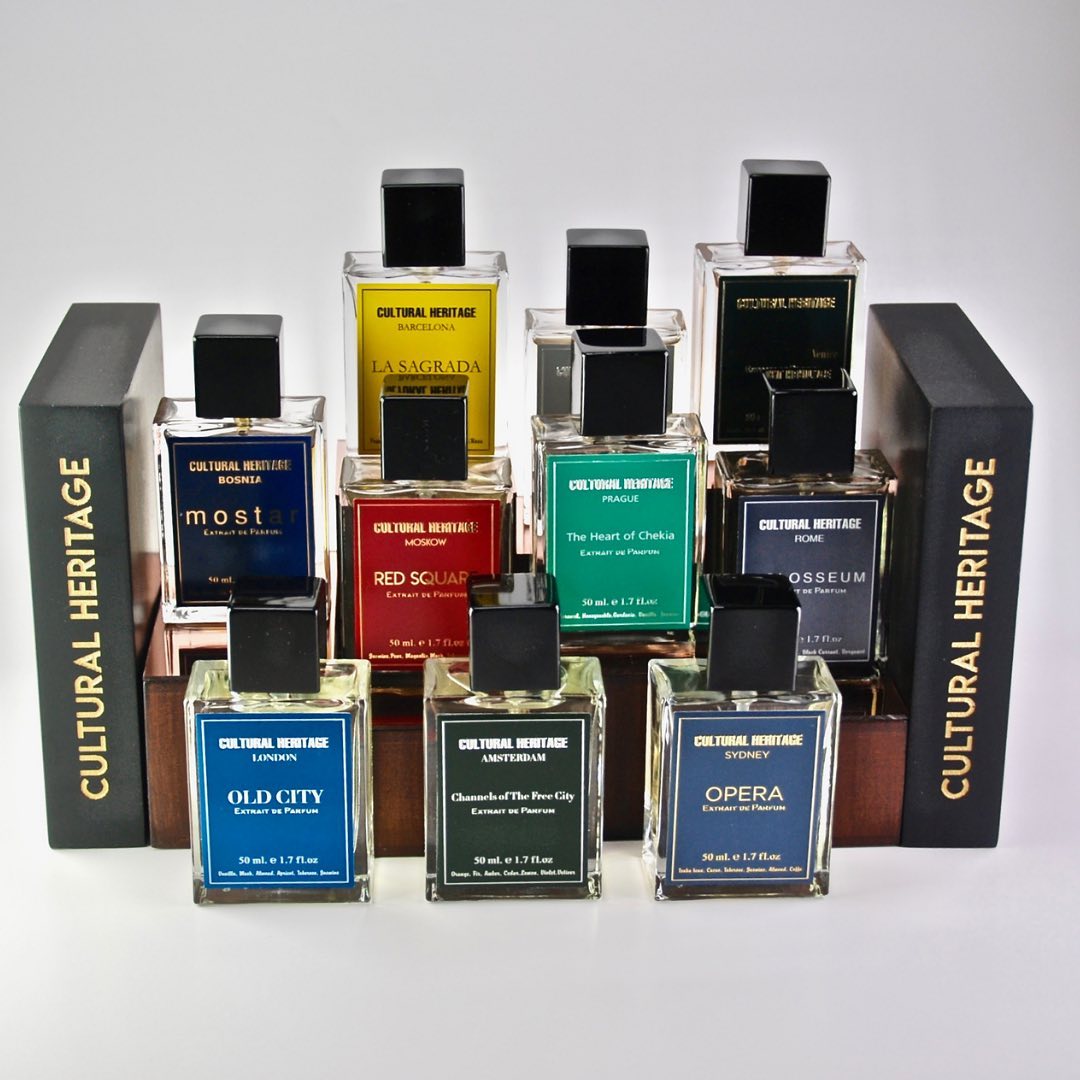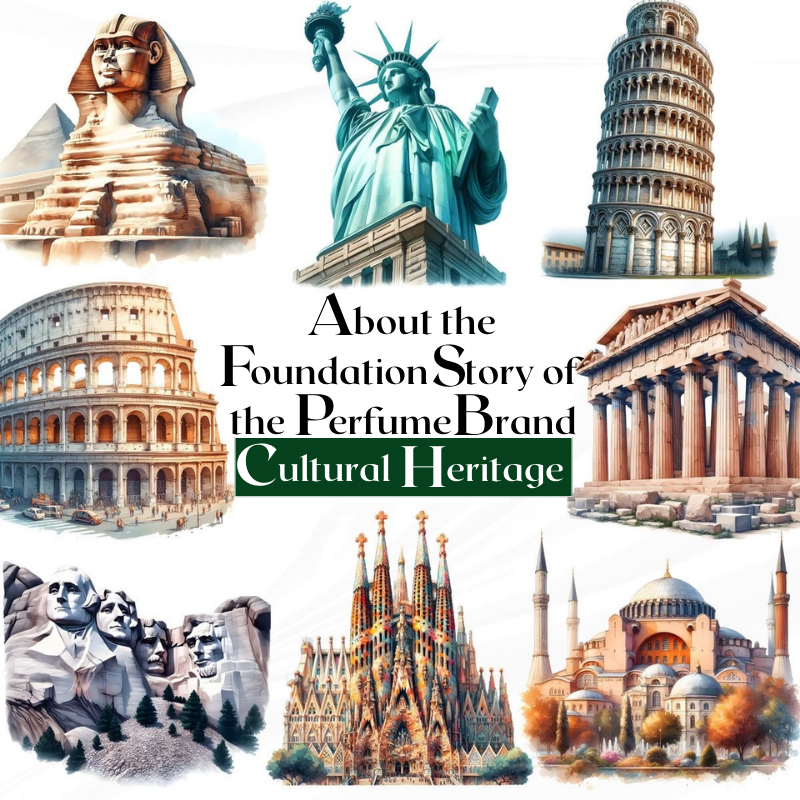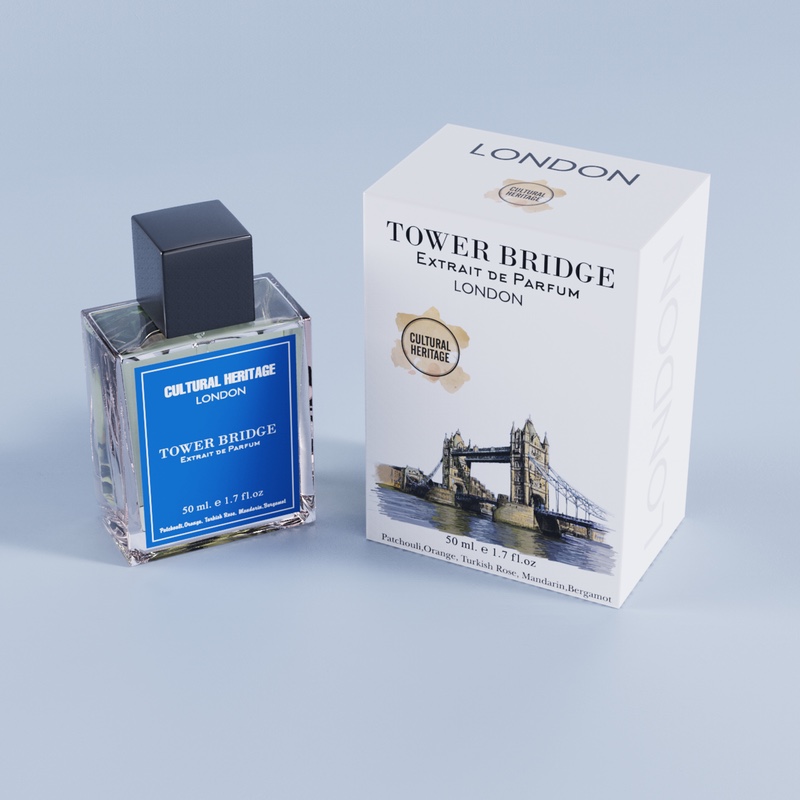History of scent and perfumes

The first acquisition of the facilities of scents is made by Theophrastus of Athens. Theophrastus, a hoarder and collector, illustrated most of the morphological features of nearly 500 centers and grew medicinal plants in a botanical warehouse in Athens. He expanded Aristotle’s classification of the animal world and the personalization of flowers. Theophrastus, who received the title of “Father of Botany” with his studies on plants and their scents, also influenced his student Alexander the Great of Macedon. Alexander the Great sent the interesting flowers and scented objects he encountered during his famous Asian expedition to his teacher Theophrastus. After his studies on these subjects, Theophrastus writes the nine-volume “De Causis Plantarum” (Studies on Plants) and the two-volume “De Historia Plantarum” (On the History of Plants). These works written by Theophrastus have been the main reference source for scent and plant experts until their decay. Theophrastus’s work focuses on scent as a special field of study in Roman experiences that resulted in profound effects on Roman civilization. From Roman baths to palaces, from fabric mills to churches, scent is used as a special tool everywhere.



